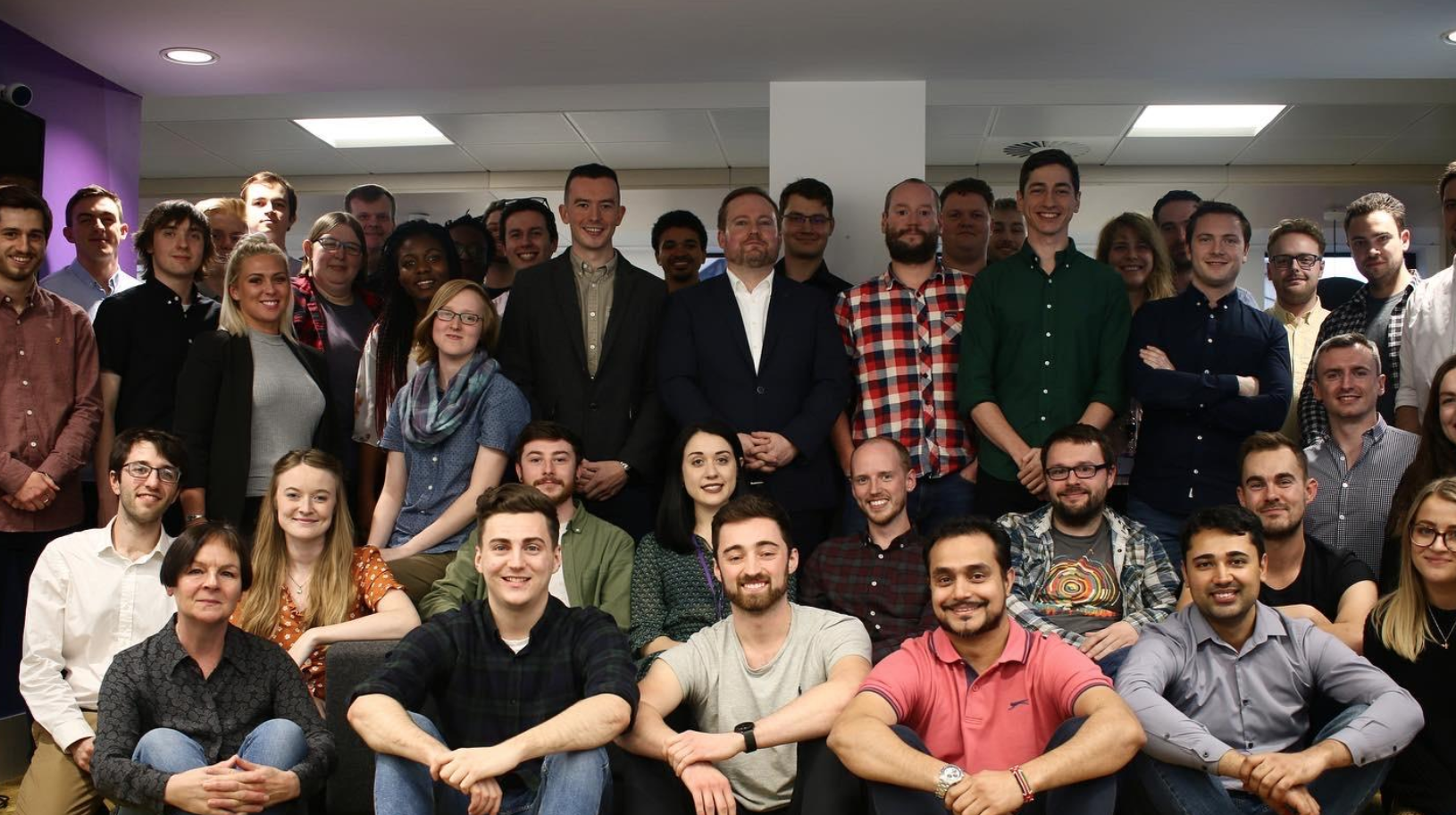
Winning public sector contracts takes a bit of structure and patience.
It’s not unusual for results to take 3 to 6 months. A lot of companies try once or twice, don’t win, and give up. But with the right approach, it’s more achievable than you might think and the rewards are worth it.
Government clients are reliable, good payers, and great to include in case studies. And once you’ve won one, it becomes easier to win more.
Beyond the immediate revenue, public sector contracts give you something else that’s harder to come by when scaling — maturity. The process of bidding, winning, and delivering helps you build internal systems, tighten up your offer, and grow capabilities, all backed by the stability of contracted income.
There are four things to focus on:
(1) where to find tenders
(2) how to access frameworks
(3) how to analyse the market
(4) the basic compliance you’ll need
Finding tenders
Public contracts are listed on Contracts Finder and Find a Tender. The difference is mainly value — tenders over about £140k show up on Find a Tender. For early-stage digital businesses, Contracts Finder is usually the best place to start.Understanding frameworks
There are two main types: DPS (Dynamic Purchasing Systems), which are open and you can apply to at any time, and closed frameworks, which only open occasionally and take more paperwork to get on. DPSs are ideal for early-stage businesses as they lower barrier to entry, and a good way to build a track record. You can find available frameworks on Biddable.Looking at the market
It’s helpful to research which contracts are due to end, but just because a contract is expiring doesn’t mean it will be replaced. For example, a website build contract ending in May 2025 may not come up again for a while. Look instead for contracts with recurring needs, like support, maintenance, or licensing, and try to build early relationships with the buyer prior to the tender being released.Getting the basics in place
For most tenders, you’ll need insurances like public liability and professional indemnity, and Cyber Essentials is often expected. But don’t be put off, not every framework requires heavyweight compliance. Start with the easier opportunities and build up from there.
If you’ve got questions or want help shaping a plan, visit www.commercial-consulting.co.uk.
About the Author
Lloyd Stafford is Director of Athena Commercial. He’s worked in public sector bidding for over 18 years and now helps SMEs grow by winning government contracts.









